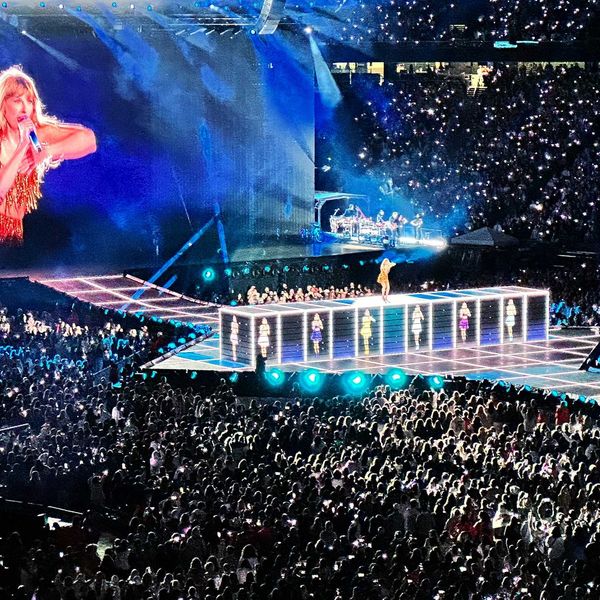Analysts Are Already Declaring Windows 8 a Bust
Not to sound like a broken record (does anyone even remember those in this digital age), but I’ve been saying that , especially given that Windows 7 is so stable and user friendly. Why would Microsoft even need to push Windows 8, especially given the Windows Vista debacle a few years ago?
Well, apparently this change-hating reporter isn’t alone. IDC predicts that very few PC owners will upgrade from Windows 7 according, to PC World. But is this a surprise? I’ve been noting for the past few months that even Windows Vista is holding on, and while the user base is shrinking it is hardly sinking.
Analyst: Win 7 Users Won't Upgrade
Worse, PC World quoted IDC’s Mary Jo Foley: “Windows 8 will be largely irrelevant to the users of traditional PCs, and we expect effectively no upgrade activity from Windows 7 to Windows 8 in that form factor.” Ouch!
Windows 8 of course is meant to be the tablet OS from Microsoft, and it was famously the now-deceased Steve Jobs who proclaimed that the desktop era was over. Not to seem rude, crass or even obnoxious, and with apologies to Jobs, the PC desktop era is still alive. And to be clear, Jobs actually proclaimed the post-PC era had arrived back in 2010, while VMware CEO Paul Maritz said this past August that the desktop was in fact dead.
I disagree. And while Windows 8 won’t help its full recovery, it won’t kill the desktop PC, either.
The truth is that 2012 won’t be the year tablets over take the PC desktop. The iPad remains successful, the Barnes and Noble Nook is doing well, and the Amazon Kindle is on fire. Yes, tablets are doing well, but Windows 8 was meant to bridge the two worlds, and frankly we’re not really there yet.
Products that come too early don’t tend to be game changers. Anyone remember Apple’s Newton?
A Bridge Too Soon
No, Windows 8 can’t be a tablet OS and a desktop OS because the bridge isn’t there yet. The ways people use these devices remain very different and likely will for some time. Now that could change, and perhaps 2012 will be the beginning. With the Consumer Electronics Show just a month away it is likely that something will pave the way towards bridging the desktop and tablets a bit better.
But Windows 8 wasn’t designed for this. It was designed in an anticipation, not in response.
There is being proactive and then there is hoping. The result, as IDC points out is that on the tablets Microsoft might be too late, and on the desktop it offers functionality most users – especially the early business adopters – won’t want or use.
And this isn’t the only notable head-turner this week that shows that 2012 could be the year it gets interesting. ComputerWorld noted AMD is shifting course from trying to compete with Intel for desktops. After years of being the also-ran, AMD is looking to do something different.
This might not seem like a big deal, but in the long run this will be a defining moment for AMD – and possibly Intel. While Jobs noted the PC desktop era was ending, try telling that to Microsoft or Intel. Computers have been commonplace on desks for the last 20 years. Do we really expect that to change so quickly?



